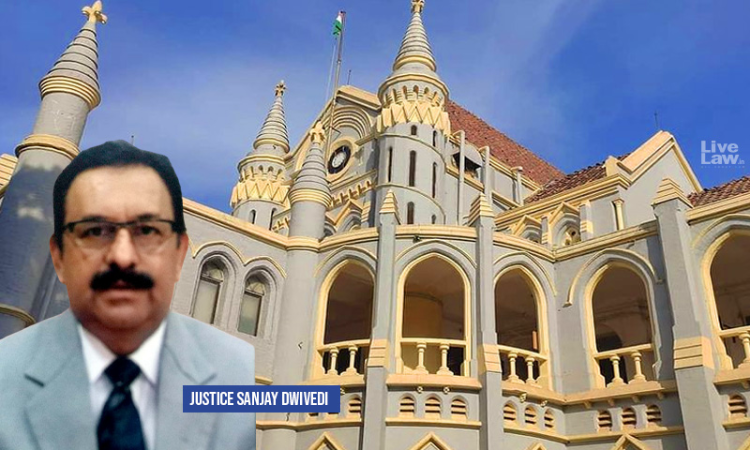Madhya Pradesh High Court: A Single bench consisting Justice Sanjay Dwivedi overturned a Labour Court order and ruled that once a workman claims continuous employment, the burden of proof shifts to the employer to disprove the claim with documentary evidence. The Court held that oral termination without notice and retrenchment compensation violates Section 25(f) of the Industrial Disputes...

